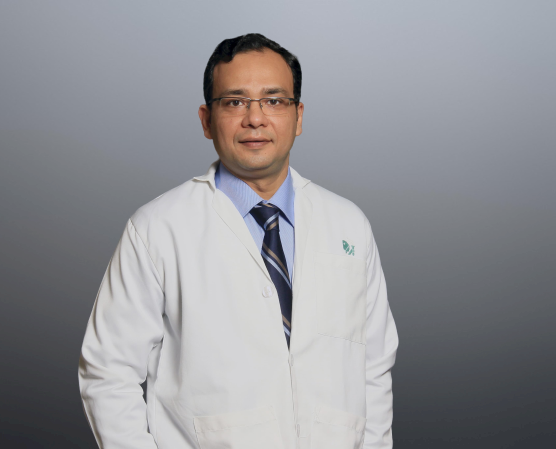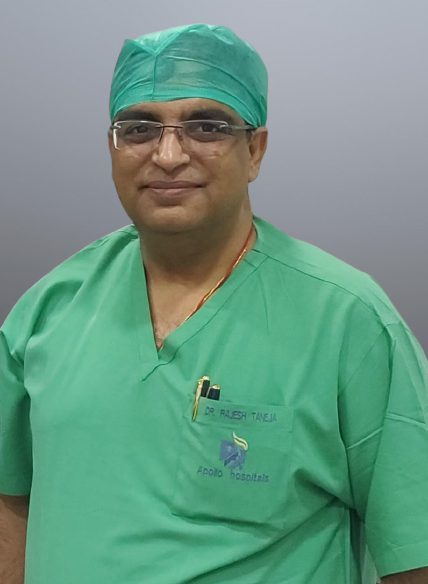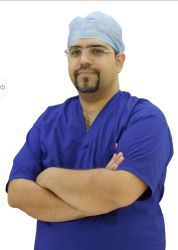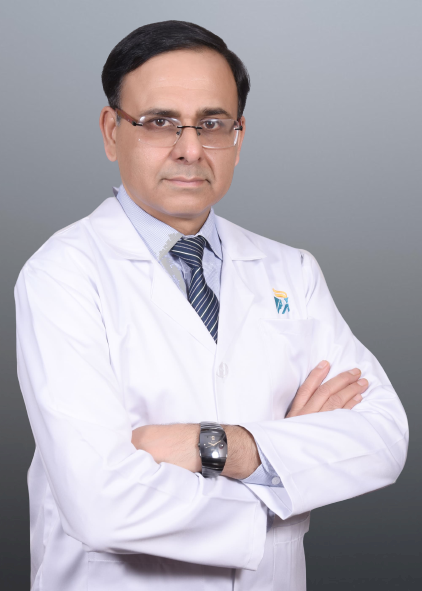Best Urinary Tract Infections Doctors in Delhi
A urinary tract infection (UTI) is an infection that targets the urinary system, comprising your kidneys, bladder, ureters, and urethra. It is predominantly caused by bacteria, particularly Escherichia coli (E. coli). A UTI occurs when E. coli bacteria from the vagina, genital, and anal areas enter the urethra and travel to the bladder, causing infection. UTIs can be triggered by various factors such as sexual activity, certain medical conditions, and poor hygiene. UTIs can also be caused by diabetes, obesity, using spermicides or diaphragms, kidney stones, and other obstructions in the urinary tract. Though UTIs can occur in both sexes, women are more susceptible due to their shorter urethra and hormonal changes.
In Delhi, UTIs pose unique challenges, which may be due to poor hygienic conditions and the rise in lifestyle-related medical conditions like obesity and diabetes. Thankfully, the city houses proficient doctors for urinary infections who are capable of dealing with UTIs. Apollo Hospitals Delhi is equipped with top-notch medical facilities and the best doctors for UTI who take a comprehensive approach towards diagnosis and treatment, ensuring patients receive the best possible care.







 Call Now
Call Now












